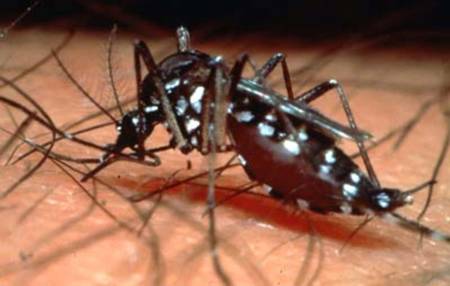
KUALA LUMPUR: The first dengue vaccine candidate (CYD-TDV) to reach phase 3 clinical testing has shown 88.5% efficacy after three doses against dengue haemorrhagic fever, according to a new research published in The Lancet.
Once administered CYD-TDV also provides 67% protection against dengue-associated hospitalisation.
Researchers found that the dengue vaccine gave low protection (35%) against the DENV 2 strain but more than 75% protection against the DENV 3 and 4 and 50% against the DENV 1.

Overall the dengue vaccine has shown moderate protection (56%) against the disease in Asian children.
This phase 3 trial took place in dengue-endemic areas across five countries in Asia, a region that accounts for over 70% of the global dengue burden.
The study involved 10,275 healthy children aged two to 14 years who were randomly assigned to receive three injections of the CYD-TDV vaccine (6,851) or a placebo (3,424) at zero, six, and 12 months which was followed for up to two years.
The researchers recorded 250 dengue cases more than 28 days after the third injection-117 in the vaccine group and 133 in the placebo group demonstrating an overall protective efficacy of 56.5%.
Lead author Maria Rosario Capeding from the Research Institute for Tropical Medicine in the Philippines said, “Our results suggest that vaccination with CYD-TDV can reduce the incidence of symptomatic dengue infection by more than half and importantly reduced severe disease and hospitalisations.
“This candidate vaccine has the potential to have a significant impact on public health in view of the high disease burden in endemic countries.”
Annelies Wilder-Smith from Lee Kong Chian School of Medicine, Nanyang Technological University, Singapore said, “Perhaps the most interesting finding was that efficacy after at least one dose was almost as high as that after three doses.
“Because three doses six months apart is an inconvenient and costly immunisation schedule to scale up in national programmes, the question of whether sufficient efficacy can be achieved with a lower number of doses deserves further assessment.”
Source :- Free Malaysia Today
